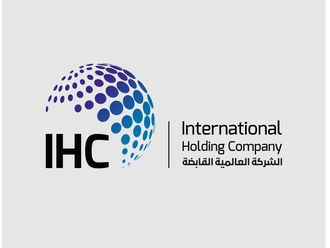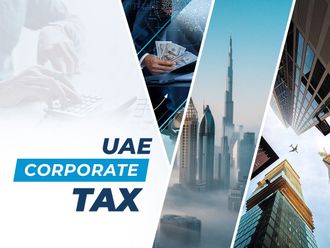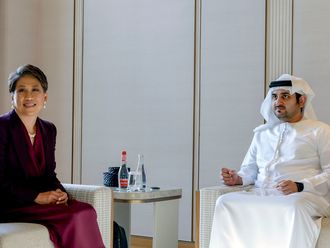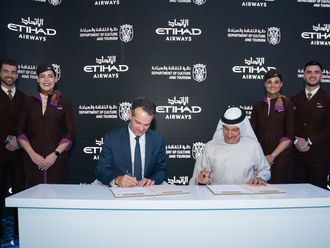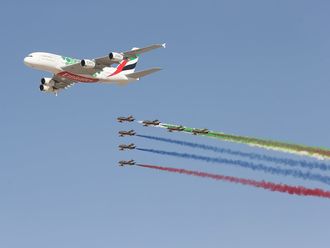Bahraini authorities are doing the right thing by strengthening economic liberation via inviting non-locals to have full ownership in numerous business activities. Understandably, the move meets the strategy of adjusting to swirling economic challenges arising from low oil prices and set off new opportunities in future.
These initiatives extend to administrative services, recreation and leisure, health and social work, information and communications, manufacturing, mining and quarrying, real estate and water supply. This is an extraordinary list for containing activities such as mining, traditionally viewed as too strategic to surrender to foreign ownership. Also undergoing a transition to comprehensive foreign ownership is manufacturing as well as real estate undertakings.
Clearly, the initiative helps setting Bahrain apart from regional rivals. In reality, regional competition is a healthy process, forcing countries to focus on unique competitive advantages.
These measures are the results of efforts by the Economic Development Board (EDB), the body entrusted to develop strategies for the economy. Crown Prince Salman presides over the EDB.
Nevertheless, the move is not popular with some elements in the business community who fear unfair competition. Yet, other entities like the ones promoting the interests of consumers plus small and medium enterprises contend that the move would provide consumers with more choices.
Needless to say, nationals from the six-nation Gulf Cooperation Council countries are treated as locals when setting up enterprises. This reflects a series of GCC initiatives related to the free movement of factors of production as part of the Gulf Common Market project.
To be sure, Bahrain tends to stand out among Arab countries at large with regards to economic freedom. For instance, the 2016 index of economic freedom gives Bahrain the 18th ranking globally, the best for any country in the Middle East and North Africa region. The annual report embraces conservative views by virtue of being produced by the Heritage Foundation in partnership with Wall Street Journal.
The index relies on a set of variables on economic freedom with a focus on rule of law, property rights and freedom from corruption. Other variables relate to regulatory efficiency, specifically business, labour and monetary freedom; the extent of governmental role; and trade, investment and financial freedoms.
In addition, another EDB plan shows growing appreciation of the tourism industry and visitors to the kingdom. According to recently published stats, some 11.6 million people visited Bahrain in 2015, collectively spending some $1.6 billion, equivalent to 5 per cent of GDP.
This is a staggering figure for the smallest GDP within the GCC. The Gulf state has a nominal GDP of $32 billion.
More importantly, the plan calls for increasing the number of visitors to 15 million in 2018, together spending a notable $2.64 billion.
Not surprisingly, the majority of visitors come from the GCC, travelling to the country via the King Fahd causeway linking it to Saudi Arabia. These visitors are noted for spending on a range of services.
Notably, the sector provides 42,000 job opportunities, though not necessarily popular with all Bahraini job seekers. However, increasingly, locals are finding themselves working in the broad tourism sector assuming jobs like accountants and salespersons.
Happily, the future of the tourism industry looks promising with expansion of the Bahrain airport, thanks largely to generosity from the UAE. The expansion plan includes a new terminal and refurbishment of existing structures and designed to enhance capacity from 9 million to 14 million annually. Completion of the $1 billion expansion plan is set for 2020.
Bahraini officials have no choice but to focus on the country’s competitive advantages including prudent business laws.


